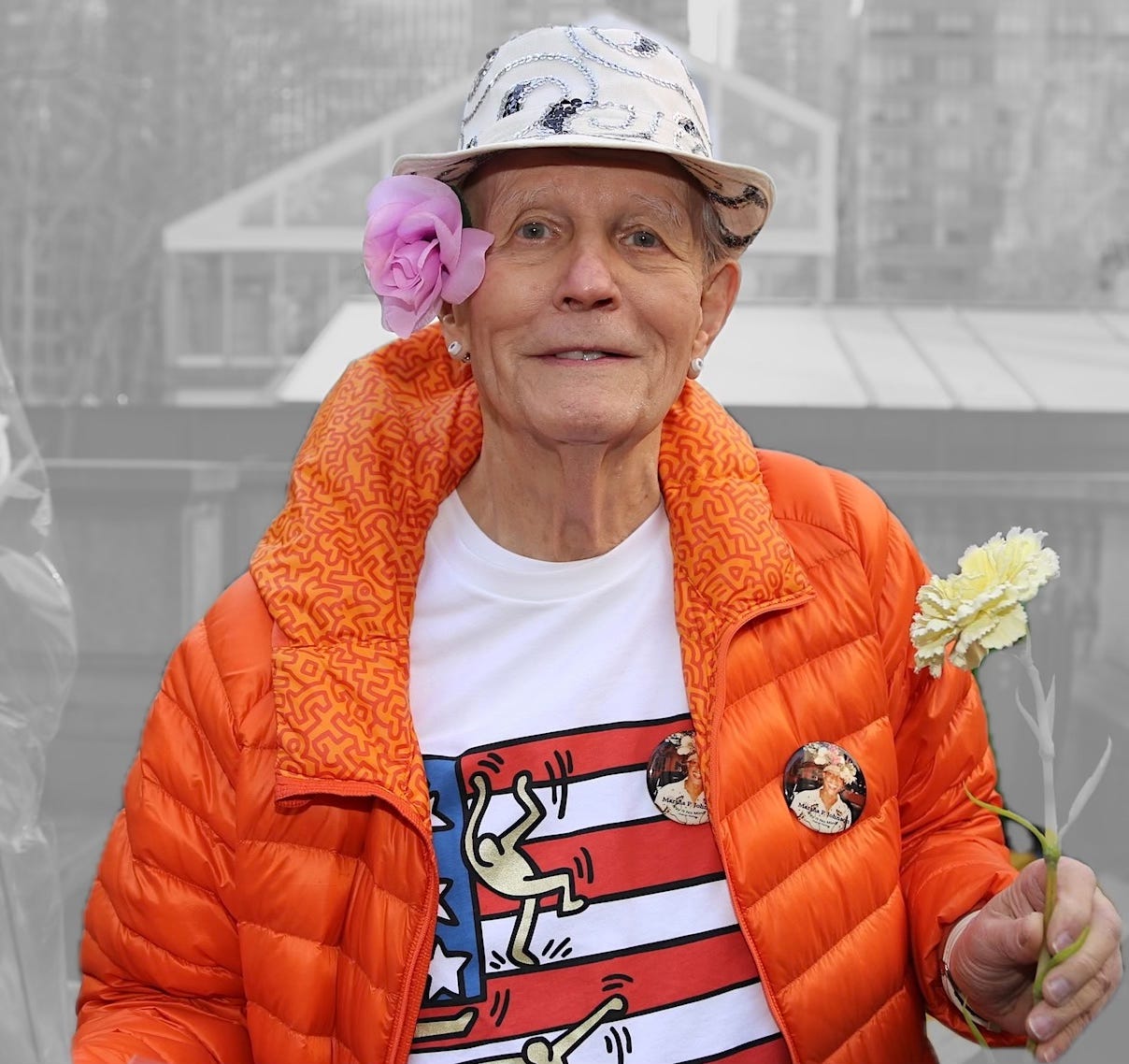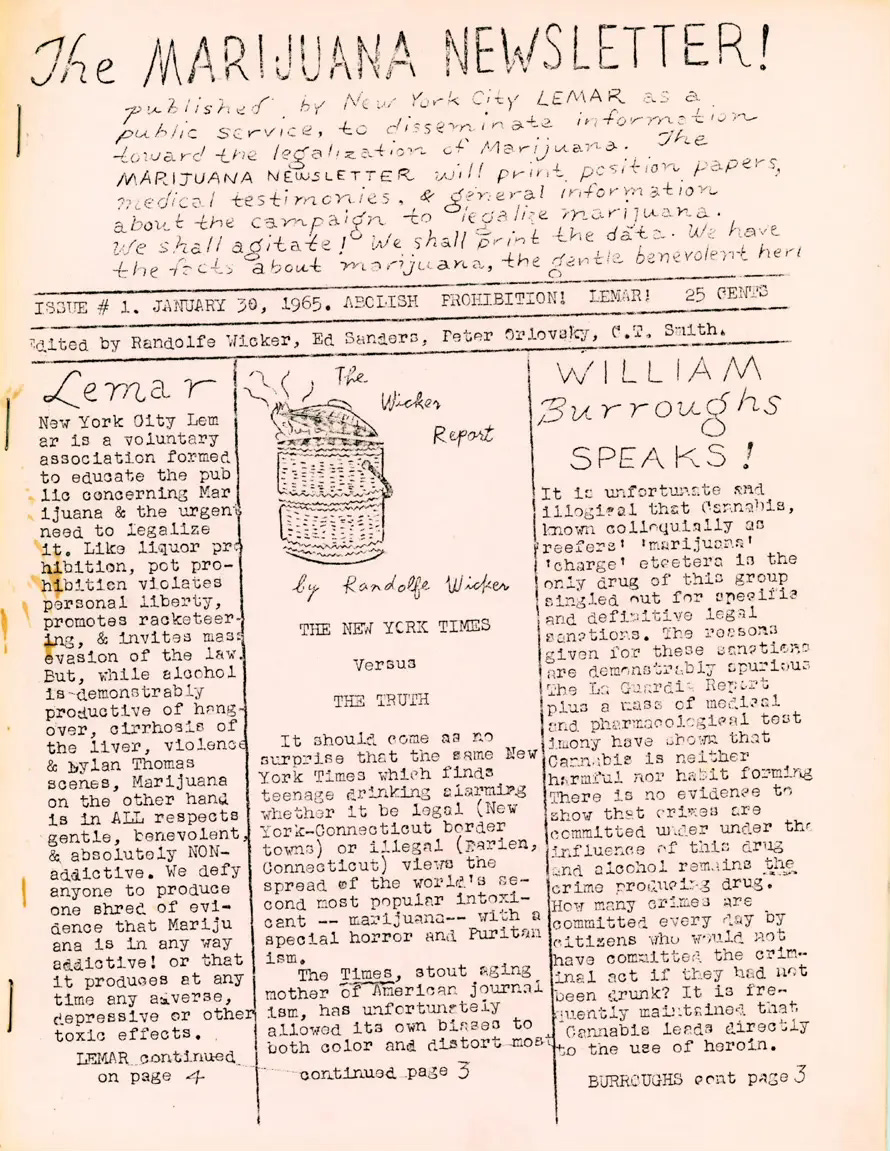When we speak of LGBTQ+ trailblazers, of people who created, nurtured, pushed and continue to fight for the movement, there are many arguments to be had about where credit is due.
Did the straitlaced Mattachine Society folk do more than the Stonewall kids or STAR (Street Transvestite Action Revolutionaries)? Did our progress spring more from seeing queer people in the media, from behind-the-scenes advocacy, from direct action?
I recoil from statements giving all the credit to one demographic or one approach, but one thing that is inarguable is the invaluable role played by Randolfe Wicker. Wicker has a singular track record, one that places him within so many elements of the struggle that it’s hard to think of another figure with such a diverse queer résumé.

He was the first out person on TV and radio, led the first public gay-rights demonstration, and was at the 1966 Sip-In protest at Julius’ … and yet, Wicker tells me he was almost forgotten, his legacy rescued thanks to his long and important friendship with roommate Marsha P. Johnson (1945-1992), whose icon status has flowered since her suspicious death more than 30 years ago.
“Marsha saved me from oblivion,” Wicker, now 86, asserts. “Even though I was the first one on radio, the first one on TV, I was a footnote in gay history.” He chalks up his relative obscurity to the fact that while he had pushed publicly for gay rights since the late 1950s, he had diluted the memory of his LGBTQ+ work by branching out into other areas, all of which he felt were interconnected as basic human rights.
“I became the bad boy of the movement because I joined the Sexual Freedom League and became the editor of The Marijuana Newsletter! in 1965, I picketed for legalized abortion and all these other, supposedly radical, things, smoked pot and got involved in the anti-war movement.”
“Using the term ‘gay rights,’” he now believes, “was a tactical mistake. If you listen to right-wing propagandists, one of their arguments before people became better-informed was, ‘Gay rights are special rights."‘ Saying ‘civil rights for homosexuals’ took too much tongue power, I guess.”
His advocacy for reproductive freedom was born in 1963, the day he became the contact man between a friend’s girlfriend and her prospective abortionist. When the couple could raise only $432 of the $500 fee, the abortionist told Wicker over the phone, “Tough luck, buddy.” [Click] Watching the girl’s parents meet the man she’d been living with in her hospital room after she nearly died trying to end the pregnancy herself made Wicker realize, “My God — society isn’t just screwed up about homosexuality, society is screwed up about sexuality.”
Along with the array of good work Wicker did, he did another crucial thing for the LGBTQ+ movement — he lived to tell, and he has also lived long enough to ensure his archives are preserved, along with Johnson’s, at the New York Lesbian, Gay, Bisexual & Transgender Community Center.
What follows is part of my conversation with Wicker from April 2024, just ahead of Pride Month and his typically inspiring speech at NYU to LGBTQ+ students, in which he urged queer youth onward and upward.






